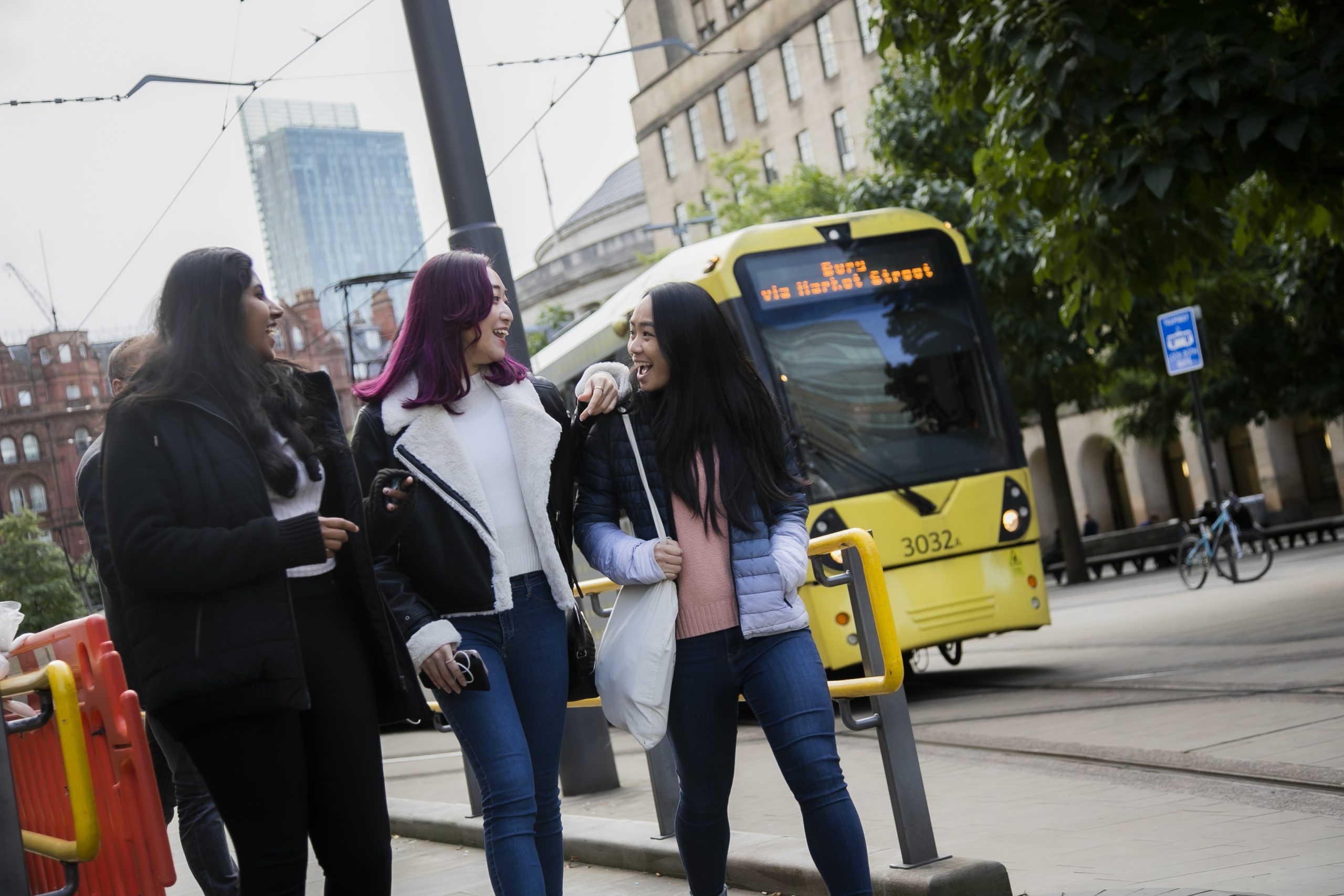Emmanuel arrived in Salford from Nigeria to pursue our MSc Artificial Intelligence. Back in Nigeria, he was working as an Electrical Engineer, but he decided he wanted to expand his skillset in this emerging and in-demand field to eventually find a job which combined both of his passions.
Carry on reading to hear about Emmanuel’s experiences studying at Salford.
Why did you choose the University of Salford to study MSc Artificial Intelligence?
As I began researching different artificial intelligence master’s programmes, I was really attracted to the modules being offered at Salford. My background is in electrical engineering so I liked how the programme would give me a deep understanding of the core areas of AI which I could then apply across sectors. For example, using AI to improve energy efficiency in power systems or implementing machine learning algorithms to predict and manage energy consumption patterns.
How is your course taught?
The course is a mixture of lectures and practical workshops. The lectures provide a theoretical understanding of AI concepts such as machine learning, deep learning, natural language processing and big data. We then put this theoretical understanding into practice during workshops where we get hands-on experience with the tools and frameworks used in the field. I like this mix and the emphasis on a practical approach. We frequently work on projects that tackle real-world problems and this helps to bridge the gap between theory and practice.
The course is taught by expert tutors who have vast knowledge in their field and are committed to staying up to date with the latest advancements. They are dedicated to providing excellent teaching and make sure that sessions are always collaborative so we can gain a deeper understanding of the field.
What real-world skills and experiences have you gained?
I have gained technical skills in data analysis, visualisation, utilising machine learning algorithms and frameworks including NLTK, TensorFlow, Scikit-Learn and Keras. I have also been introduced to Python, SQL and Apache PySpark.
Away from the technical skills, the hands-on collaborative projects have taught me vital skills in teamwork, project management and communication.
I am currently working on a live project with one of the university’s industry partners to leverage the capability of a generative AI model. The project will help the company to make more informed decisions. This experience is proving to be invaluable in helping me to gain UK industry experience and understanding how AI can help businesses meet their aims.

What has been your most memorable academic experience?
For one of my modules, I had to build a model which could distinguish between hate and non-hate text. I was struggling with making the model work and after trying various parameters and I just could not get it to work. I felt that I had tried everything but just before it was due to be submitted, I conducted a deeper exploratory data analysis and I realised that there were misclassified words between the categories, and this was the root of the issue. I just managed to correct the words misclassification and by doing this I was able to fix the model’s performance just in time.
What advice would you give to a new international student?
My advice would be to take all of the opportunities that the university offers. Engage with your course fully and never be afraid to ask questions or for help when you need it, the tutors are always ready to help. Never underestimate the importance of collaboration and teamwork because they are incredibly beneficial.
What are your future plans?
After finishing my master’s, I plan to pursue a career in the field as a Machine Learning Engineer or a Natural Language Processing Engineer. Ideally, I’d like to find a position which combines my background in Electrical Engineering with AI.






Leave a Reply